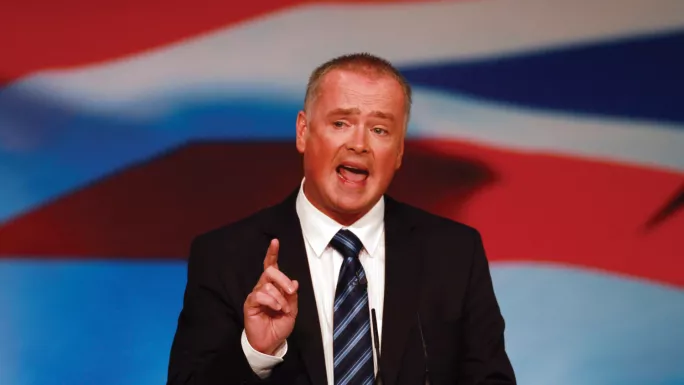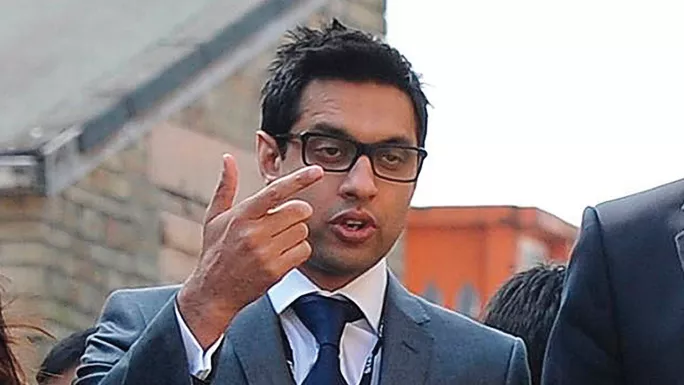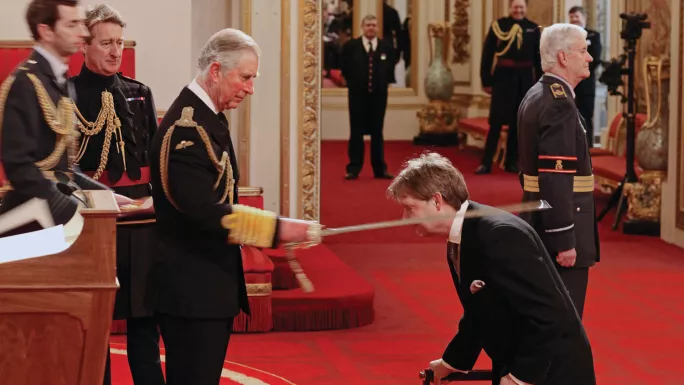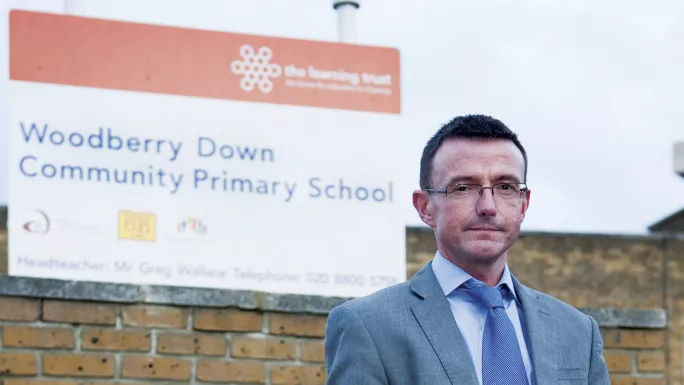- Home
- Charting the downfall of the ‘famous five’ superheads
Charting the downfall of the ‘famous five’ superheads

The government this week announced its intention to withdraw its funding from the Durand Academy Trust. The schools group has vowed to fight the decision, accusing the government’s Education Funding Agency of “half-truths and inaccuracies”. But the move may still bring an unedifying end to an entrepreneurial academy trust that was often lauded by Michael Gove during his time as education secretary.
The trust was created by former head and current chair of governors Sir Greg Martin. Described as one of Mr Gove’s “favourite headteachers”, he was knighted during the former minister’s tenure.
And he was far from the only head selected for special praise by the verbose Scottish Tory. But just as Mr Gove’s own fortunes have changed significantly since his high-profile four years at Sanctuary Buildings, the lustre has also started to fade from some of his best-loved school leaders.
Here we outline the fates of the “famous five” - a group of Gove superheads whom the former education secretary might be less eager to praise if he were still in the job today.
Sir Greg Martin
Gove stated that students at Sir Greg’s (pictured above) school would ‘enjoy an outstanding state education, which will equip them for the future every bit as effectively as any private school’
What happened next? Durand Academy Trust, where he is chair of governors, has received notice that its funding will be withdrawn from the government
Mr Gove held Durand and Sir Greg in such high esteem that he used the South London primary to give his first speech in response to the London riots in 2011.
Durand, Mr Gove said, was doing a “wonderful job for children”, and he praised the “exciting plans” being drawn up by the trust to establish a boarding school.
That West Sussex secondary, which Mr Gove backed with £17 million in government funding, would, he said, ensure that young people in Lambeth could “enjoy an outstanding state education, which will equip them for the future every bit as effectively as any private school”.
Five years on, the Education Funding Agency (EFA) has written to the trust giving it notice of “termination of the funding agreement”. The letter to Sir Greg, who has remained as chair of governors despite an earlier EFA requirement that he step down, said that the trust had committed “significant breaches” of that agreement.
Academies minister Lord Nash said: “This is not a decision we have taken lightly but it has been done to safeguard the future education of Durand’s pupils and to ensure public money and public assets intended for the education of children are managed effectively”.

Liam Nolan
Gove: ‘The two best schools in Birmingham are Perry Beeches I and Perry Beeches II’
What happened next? Found to have paid himself a ‘second salary’
The chief executive of the Perry Beeches family of schools rode the wave of reforms introduced by Mr Gove right up until he crashed out spectacularly earlier this year.
Mr Gove heaped praise on the Birmingham headteacher to such an extent that he invited him to appear at the Conservative Party conference as his warm-up act. Speaking at the gathering in 2012, Mr Gove said: “The two best schools in Birmingham are Perry Beeches I and Perry Beeches II.”
Mr Nolan went on to build a mini-empire, eventually overseeing five schools, with plans to open more.
But an EFA investigation into the trust uncovered financial irregularities, including nearly £1.3 million in payments without contracts to a third-party supplier.
Mr Nolan was also found to have been paying himself a “second salary” worth £160,000 over two years on top of his annual £120,000 pay packet. He resigned in May this year.

Sajid Raza
Gove described Raza as an ‘idealist’ during an exchange in the House of Commons.
What happened next? Jailed for fraud
Mr Raza established one of the first wave of Mr Gove’s flagship free schools in Bradford, West Yorkshire.
The Kings Science Academy opened to great fanfare. Mr Raza anticipated that the -majority of the school’s pupils would go on to study at Russell Group universities.
The school was regularly in the press and was even visited by then prime minister David Cameron, who described it as “innovative and inspiring”.
But in 2013, less than two years later, Mr Raza was investigated by the DfE and the West Yorkshire police over fraud at the school.
Despite this investigation, Mr Gove praised Mr Raza and his fellow free school founders as “idealists” during an exchange in the House of Commons.
But last month, Mr Raza began a five-year jail sentence having been convicted of defrauding the DfE of tens of thousands of pounds in funding.

Sir Peter Birkett
Gove called Sir Peter one of the ‘best generation of heads ever in our schools’
What happened next? Benefited from company car and large payout after leaving Barnfield Federation in 2013
The former chief executive of the Barnfield Federation, which once ran four primaries and six secondary academies, was one of the school leaders in the group Mr Gove dubbed his “magnificent seven”.
He namechecked Sir Peter in a 2012 speech as being part of the “best generation of heads ever in our schools”. The head was knighted in the Queen’s Birthday Honours that year.
In a separate speech, Mr Gove said that Sir Peter would “not just give some independent schools a run for their money, he would out-compete them”.
Sir Peter was even invited to 10 Downing Street, where he was singled out by Mr Gove for the work he was doing. But Sir Peter left the federation in 2013, and three months later, it was investigated by the Skills Funding Agency.
The EFA raised concerns around financial management and apparent attempts to manipulate success rates at the college.
Officials also criticised the federation for the size of payout given to Sir Peter and for -allowing him to keep a company car.
The federation was eventually broken up, with the schools leaving to form their own trust separate from the college.

Greg Wallace
Gove praised Wallace’s schools for ‘rigorous approach to reading in the early years’
What happened next? Banned from teaching
The executive head of the Best Start Federation of schools in Hackney was another member of Mr Gove’s “magnificent seven”.
Mr Wallace successfully ran the group of five primaries in East London, which brought him to the attention of Mr Gove.
He said the pupils in Mr Wallace’s schools had “benefited hugely from a rigorous approach to reading in the early years, which makes them enthusiastic devourers of every book they can get their hands on”.
Like Sir Peter, he was used as a shining example of the “best generation of heads ever in our schools”.
But in June this year, Mr Wallace was banned from teaching after an investigation found evidence of financial mismanagement, as well as conflicts of interest, including £1 million worth of IT contracts.
The head was struck off after a disciplinary panel heard he had awarded contracts worth more than £1 million to his then partner’s company without gaining approval from the governing body.
Keep reading for just £1 per month
You've reached your limit of free articles this month. Subscribe for £1 per month for three months and get:
- Unlimited access to all Tes magazine content
- Exclusive subscriber-only stories
- Award-winning email newsletters



